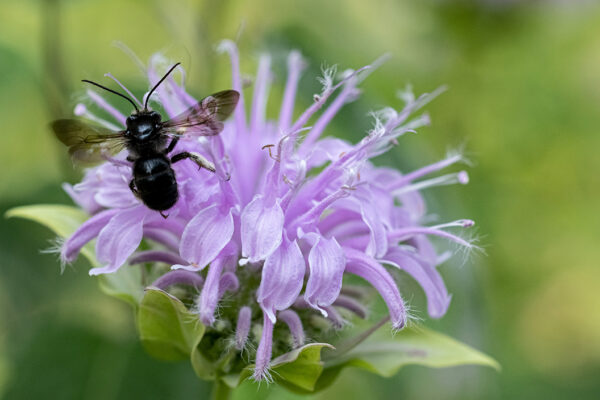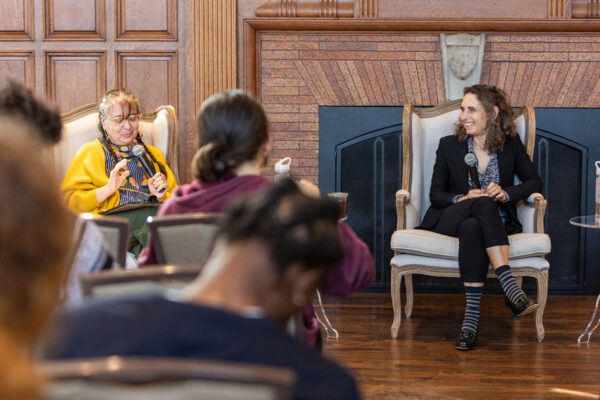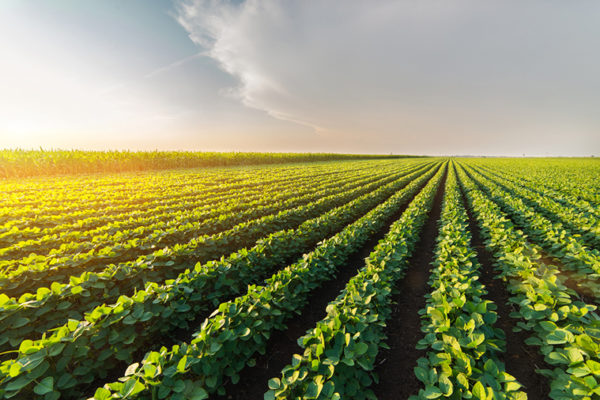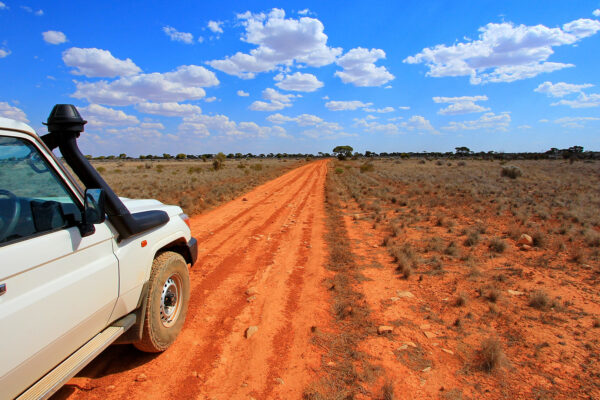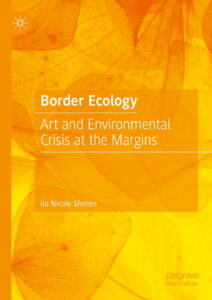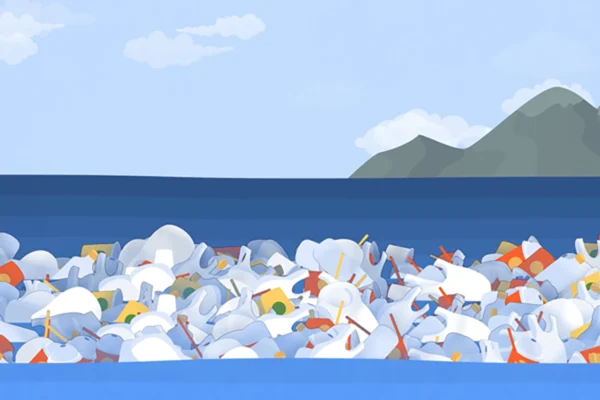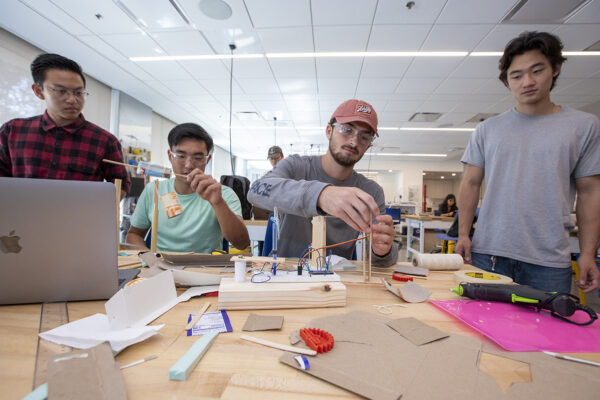Water quality monitor, locust-inspired electronic nose under development
Two teams of engineers led by faculty in the McKelvey School of Engineering at Washington University will work toward developing products to monitor drinking water quality and to detect explosives with an electronic nose with one-year $650,000 Convergence Accelerator Phase 1 grants from the National Science Foundation.
Preserving our planet
The new Center for the Environment serves as a hub for cross-disciplinary collaboration, which is central to solving complex environmental problems.
Gateway STEM students visit campus for Kolbert Q&A
For years, Gateway STEM High School students have read Pulitzer Prize-winning climate journalist Elizabeth Kolbert. On Feb. 12, they got to meet her at a special science storytelling program at Washington University in St. Louis. The event was sponsored by WashU’s Climate Across Curriculum program, which connects Gateway STEM in St. Louis Public Schools to faculty experts, campus tours and learning resources.
How does dicamba drift?
Environmental engineers at the McKelvey School of Engineering at Washington University in St. Louis have been studying dicamba drift to understand why the herbicide vaporizes and migrates to other crops.
The ties that bind
Researchers in Arts & Sciences discovered that a common mineral called goethite, found in red soils all over the Earth, tends to naturally trap trace metals over time, locking them out of circulation.
‘Santiago Sierra: 52 Canvases Exposed to Mexico City’s Air’
“Santiago Sierra: 52 Canvases Exposed to the Mexico City Air” will open Feb. 23 at the Kemper Art Museum. The installation highlights the contaminants — the ozone, carbon monoxide, and sulfur and nitrogen oxides — that can slowly but surely poison urban environments.
Border Ecology
Art and Environmental Crisis at the Margins
This book analyzes how contemporary visual art can visualize environmental crisis. It draws on Karen Barad’s method of “agential realism,” which understands disparate factors as working together and “entangled.” Through an analysis of digital eco art, the book shows how the entwining of new materialist and decolonized approaches accounts for the nonhuman factors shaping ecological […]
Finding nature-inspired alternatives to plastics focus of new center
A team of researchers in the McKelvey School of Engineering at Washington University in St. Louis has established the Synthetic Biology Manufacturing of Advanced Materials Research Center to work across disciplines to find nature-inspired alternatives to plastics.
‘Elegance in simplicity:’ A prototype is born
Students at the McKelvey School of Engineering designed prototypes for a device that could help environmental engineers monitor the air quality impact of factory farms in Missouri. The students built their prototypes in the Spartan Light Metal Products Makerspace in Jubel Hall.
Guérin wins grant to enhance atmospheric simulation speed
Roch Guérin, chair of computer science and engineering at the McKelvey School of Engineering, has received a two-year $207,394 grant from the National Science Foundation to improve speed of GEOS-Chem 3D atmospheric simulation software.
Older Stories

